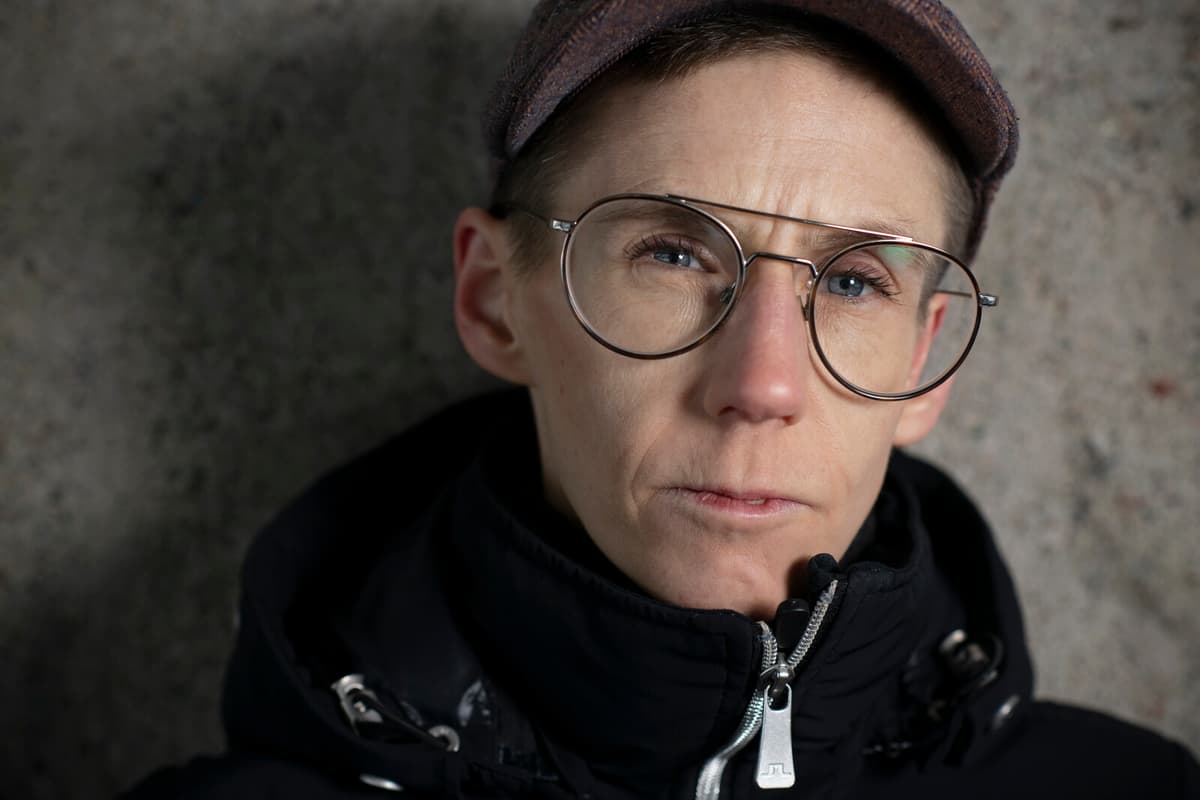Oscarson passed away due to the consequences of her anorexia, a disease she had previously openly spoken about and which had plagued her since childhood.
She was productive until the end, even though her functional level had fallen significantly in recent years. Stina's strength was unbreakable, and one can wonder how it would have turned out if she hadn't had this disease that drained her, says her sister Kajsa Oscarson to SvD.
The first time Oscarson publicly spoke about her disease was in an interview in the magazine Filter in 2014, and her testimony touched many.
In 2016, her book "Not a Story" was published, where she gave her account of what led to her leaving Radioteatern at Sveriges Radio. She claimed that she was told by management that it was not compatible to openly suffer from anorexia and be a manager at the same time.
Great Shock
It was so incredibly tough, it put its finger on everything I've worked for. Both politically and personally, I've fought against an increasingly narrow concept of normality, against contempt for weakness. When I then realized that I myself was exposed to it, it was a great shock, actually, she said to TT.
Oscarson was the head of Radioteatern between 2011 and 2014. Doreen Kanter, now the head of Sveriges Radio Drama, who then worked under Stina Oscarson, remembers her as a tireless person who was very clear about her visions and where she wanted to go.
She was stubborn as hell and could point with her whole hand and make decisions that were in line with her conviction. But then she was also fun, that's what gets lost in all the bitterness, she had a sense of humor in everything and a belief in what's good and what's best for humans and society.
Active Debater
In 1997, Stina Oscarson founded the free theater group Teater ML02, which collaborated with Unga Klara and Riksteatern, among others. In 2004, she was appointed artistic leader of Orionteatern in Stockholm, together with Lars Rudolfsson.
In 2008, Stina Oscarson initiated the "Shadow Investigation", an alternative to the cultural investigation presented by the Alliance government. She has also written "Handbook for a New Culture Minister".
Oscarson was also active as a social debater and writer. In recent years, her texts were often published in SvD, including a notable conversation series where she met with controversial figures such as Katerina Janouch, Chang Frick, and Yasri Khan. In "Stina Answers", she responded to readers' questions about society, humans, and art.
Born in 1975 in Skellefteå. Lived in Stockholm.
Made her directorial debut in 1999 with "The Devil and God" at Byteatern in Kalmar. Directed or wrote scripts for numerous productions at Orionteatern in Stockholm, Uppsala City Theater, Radioteatern, and Stockholm City Theater, among others.
Oscarson's latest book "The Perfect Patch" was published in 2021.
Corrected: In an earlier version of the fact box, the wrong birthplace was stated.
If you suspect that you have an eating disorder and are under 18, you can contact a healthcare center, youth clinic, school health services, or child and adolescent psychiatry (bup) where you live.
If you are an adult, you can book an appointment at a healthcare center, psychiatric clinic, or through your company's health services. You who are up to 20-25 can also contact a youth clinic.
In many regions, there are special eating disorder clinics. At some of them, you need a referral from school health services or a healthcare center, while at others, you can contact them directly.
You can get help finding where to seek care by calling 1177.
There are also various associations that offer support via phone, chat, or email. For example, Frisk och Fri (The National Association against Eating Disorders) or the association Shedo, which specializes in both eating disorders and self-harm.
Source: Vårdguiden, 1177.se






